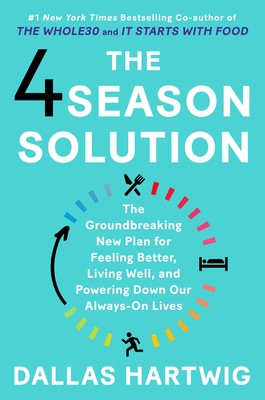This week we’re talking about Love — the romance, the heartbreak, the profound sense of connection that most of us are after. Both our desire for love and our struggles to navigate it are some of the biggest opportunities we have for growth, and for stress, both of which can have huge impacts on our health and happiness.
So in this episode, we talk about how our childhood experiences help form our adult romantic patterns, about the dramas of first love, and about what both of us have learned as we’ve moved through the ups and downs of romantic attachments.
As always, we leave you with some experiments to help you explore how you’d like to show up for love, and love more skillfully, in your own life.
“Love” Episode Highlights
- Why the quality of your life depends on (and reflects) the quality of your love
- How childhood experiences and young love inform how we navigate being in, and moving out of, adult romantic relationships
- The confusion between love and codependency
- Attachment theory: Why we’re attracted to people with whom we are inclined to to re-live traumatic experiences
- Starting with understanding, accepting and loving yourself
- The Gottman Institute’s “Four Horsemen” — four communication dynamics that forecast a dying relationship: criticism, contempt, defensiveness and stonewalling
- How intimate partnerships force us to become stronger, more resilient individuals
- The fallacy of a “soul mate” who can meet all of your needs

Reflect on your definition of love, and what you want it to look like.
Think about the complaints you have about your current partner (or a past partner if you’re not currently in a relationship), and see if you can find the ways that you did the same things you find your partner guilty of. Notice if that awareness opens up space for more love for yourself and your significant other.

If you don’t currently have a partner but have had previous relationships, reflect on what was at stake and what went wrong. Can you pick out a pattern in your breakups? Why did you choose the partners you did, and how did you show up when things were at their worst? Consider: Are you willing to do it differently the next time? Envision yourself engaged in an argument or difficult situation with a partner, and coming out the other side with a better understanding of yourself and that person, and a stronger relationship rather than a dying one.
Resources
- Marriage and Family Therapist Linda Carroll’s website, and her forthcoming book, Love Skills
- Summaries of attachment theory and codependency from PositivePsychology.com
- More on The Gottman Institute’s Four Horsemen of the Apocalypse communication styles
- Love 2.0 from Barbara Frederickson, PhD — finding micro-moments of love in our daily lives — and Brian Johnson’s corresponding Big Ideas video
- Video “top 10 big ideas” overview of Brian Johnson’s “Relationships 101” course
- Harville and Helen Hendricks, relationship masters and authors of the classic book, Getting the Love You Want
- Our series of talks with Lafayette Morehouse teachers on love and intimacy: “Resistance to Pleasure”, “Win-Win Relating”, “Intimacy and Connection” and “Winning Cycles”
Order Our Books!
You’ve heard us talking about them for years now. Wouldn’t you like to among the very first to read them? Both are on shelves now!

ORDER FROM AN INDEPENDENT BOOKSELLER
ORDER FROM AMAZON

ORDER FROM AN INDEPENDENT BOOKSELLER
ORDER FROM AMAZON
Plus …
Sign up for The Living Experiment newsletter so you can stay up to date with us, and receive notifications when new episodes are released.
Subscribe to The Living Experiment on Apple Podcasts to have fresh episodes delivered to your podcast feed as soon as they’re released.
Share the Love!
Have you told your friends and family about The Living Experiment? If you dig the podcast, please share it! And leave a review at Apple Podcasts or wherever you subscribe. Every recommendation from you means a lot!
We’d also love to have you connect with us on Facebook. Tell us about your experiments, and share your thoughts, stories and reflections there.